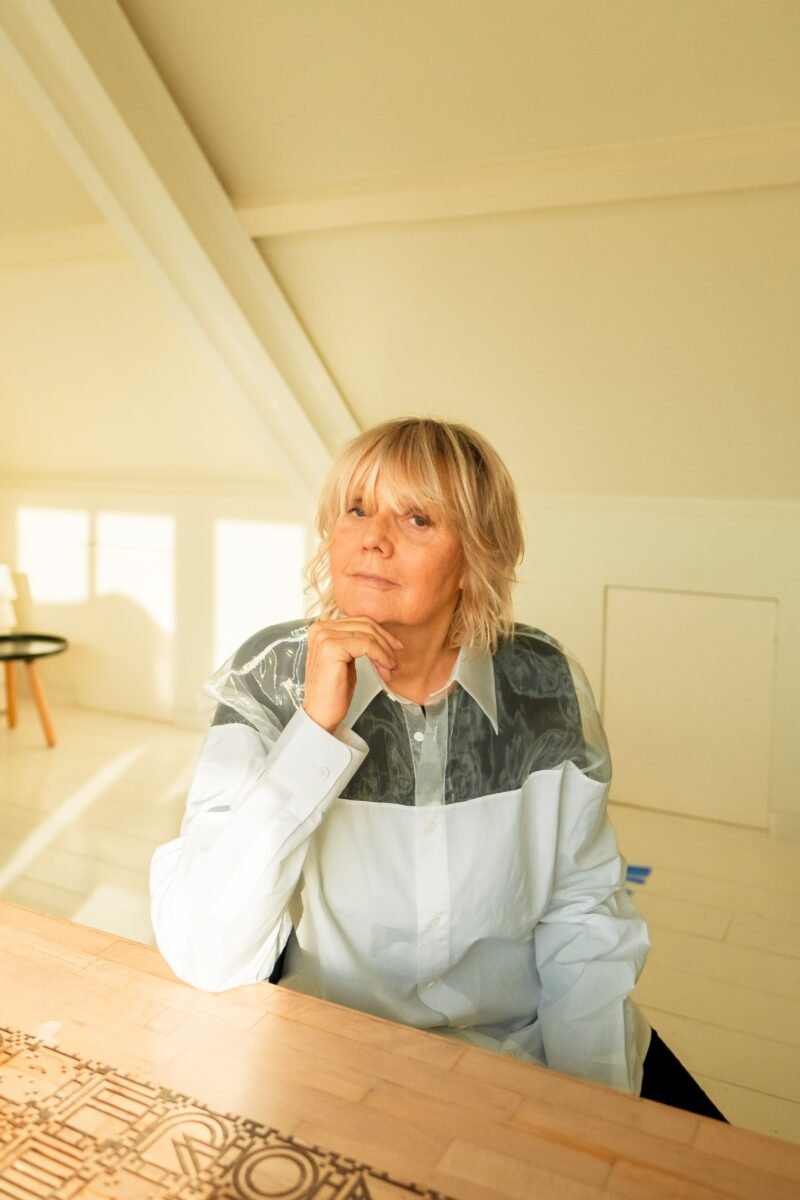Trend 7: DIY Currencies For DIY Communities
The economic downturn of recent years has led to a decline in confidence in the financial markets. The renewed focus on local communities, ‘DIY’ and alternative ways of city-making go hand-in-hand with the rise of the peer-to-peer economy. Increasing numbers of people start to take matters into their own hands. If money fails, why not introduce your own currency?
In one of our trend reports of last year we mentioned the peer-to-peer economy. The global economic situation stimulates us to rethink what we already have and how we can use it in a more profitable way. Thanks to the Web, marketplaces for peer-to-peer services have grown immensely — think of initiatives such as AirBnB, Deskwanted and Zipcar. Peer-to-peer culture has become one of the assets of community regeneration as the majority of offline peer-to-peer activity takes place in local, mostly urban settings. Over the last years, more and more communities have realized that also money can be organized peer-to-peer, which has resulted in the increase of so-called Complementary Currencies, currencies that lie outside the realm of legal tender and are issued into circulation by groups or organizations other than governments or banks.


Alternative currencies are not a totally new phenomenon, yet they’ve become more relevant than ever. Furthermore, they’re increasingly used as a tool for soft urban development. Community currencies give local communities control over the local economy, can be used to redefine social values, and can help to stimulate a common identity. A great example is ‘Makkie’, a peer-to-peer currency that was introduced in East Amsterdam last summer. Neighborhood residents can earn ‘Makkies’ by doing a chore for their neighbors or local organizations. This can be anything, varying from fixing someone’s computer or painting a hallway. Every hour of work will earn you one Makkie. Makkies, which look like real money, can be redeemed for discounts on products at local shops, free movie tickets, fitness courses and more. The currency’s website functions as a marketplace for peer-to-peer services where locals can post an ad for help or offer their services to others.


The Makkie concept was introduced by Qoin, an Amsterdam-based company that implements and manages professional community currencies with the aim to reach sustainable economic growth, ecological balance, and social progress. Over the last years, Qoin worked on community currencies for places like London, Madrid and the northern region of the Netherlands. One of their other projects is the Bristol Pound, a special currency designed to support independent Bristol traders, strengthening the local economy and community in Bristol. Bristol Pounds can be spent using paper notes and mobile phone texts with every business that joins the scheme. Members will have an online account for making web payments to any other member.


Alternative currencies are not restricted to places. The experimental digital currency Bitcoin has obviously been one of the most remarkable ideas to rethink our money system. Bitcoin is a peer-to-peer electronic cash system that enables instant payments to anyone anywhere in the world, without any central authority — managing transactions and issuing money are carried out collectively by the network. Users can exchange money using open source Bitcoin software. In August 2012, 1 BTC traded at around $10.00 USD. The monetary base of the bitcoin network stands at over $110 million — not that much compared to the US monetary base. Bitcoin is a highly experimental idea, yet it has forced many to realize that money is a social construction.


The Exchanghibition Bank by the Dutch artist Dadara is an alternative currency like the Makkie or the Bristol Pound, that is not focused on a locality, but on a cultural niche. To question the role of art in the current economy and the role of money in contemporary art, the artist decided to become a banker. Over the last years, Dadara has conquered the art scenes in the Netherlands and abroad with a mobile currency exchange kiosk that enables people to exchange their ‘normal’ money for beautifully designed Exchanghibition Bank dollars. By selling his own banknotes, Dadara earns money to keep the project alive, but at the same he has introduced a new currency to be used in cultural sub-scenes.
This article is part of Pop-Up City’s Trends for 2013. Reflecting on what we’ve written in 2012 and looking into the new year, we’ve composed a new list of remarkable trends that we consider to be important for our cities in the coming time. Feel free to contact us in case you want to learn more about our reports.



